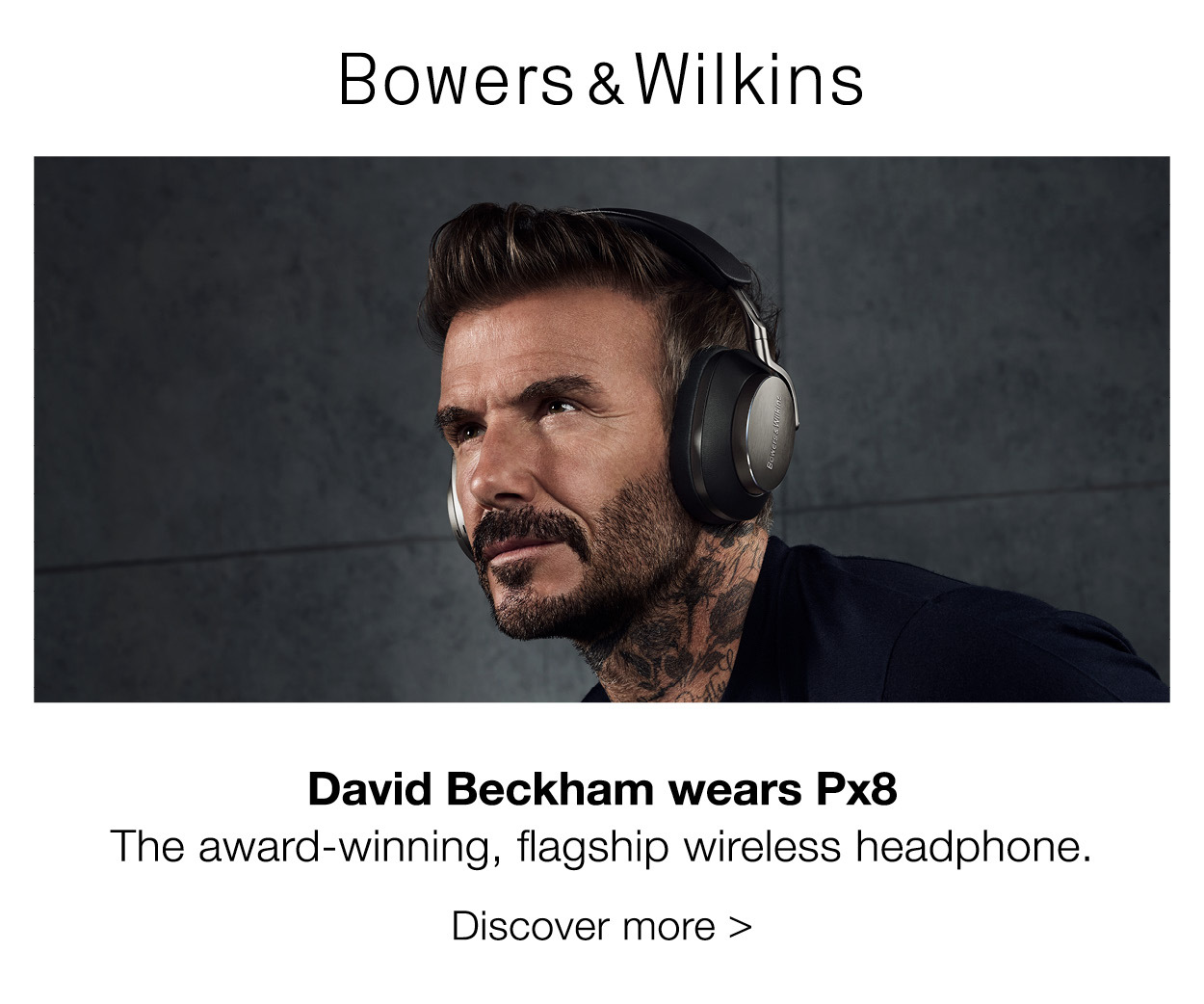How Technology Aided British Rioters
By Branko Miletic
After watching parts of the Britain turn itself into Beirut for the past week, an aspect that caught my eye was how much of a role consumer technology had in the mayhem – both as a coordinating tool for the rioters, and for the clean-up crews who had to deal with the aftermath.
The role Blackberry played in this event is still under dispute, but BlackBerry Messenger remains one of the better ways to access your emails, mainly because of its speed and security features. And this is what the rioters counted on when using Messenger to coordinate disturbances in some of Britains main urban centres.
Earlier this year, some countries wanted Blackberry maker RIM to give them access to its customers’ accounts. The reason was that the encryption on the phone was so good that many security services, especially in the Middle East, were denied access. It has been pointed out that if the victims of the Britain's phone hacking scandal had been using Blackberries there would not have been a phone hacking scandal in the first place. It seems some of the rioters knew this when they lit up parts of London, Birmingham and Manchester.
You might expect that this 'negative' exposure is bad for RIM. However, I disagree. What better advertisement for the security and robustness of your product than for it to be used in a crisis situation? I wouldn’t be spouting off or using any images of the riots in an advertising campaign, but the subtle nuance surrounding the smartphone’s role in the riots wouldn’t be lost on RIM marketers or members of the public. It is also worth noting a couple of other things about the device; it was also used to coordinate citizen-driven clean-up crews, and RIM has said it will help police in any way it can to track down offenders.
And then there’s the police hooking up with technology to find offenders – and we’re not talking grainy close-circuit TV footage either. Photo sharing site Flickr is being used to by the constabulary to find and identify rioters. Facebook now has a site called 'Zavilia: Identify Rioters' where people are posting their pictures of rioters to enable the police to ID and catch them. And where are all the pictures coming from? Smartphones. As for Twitter, there’s #riotcleanup and @riotcleanup, which have nearly 50,000 followers. There is even a Wikipedia site for the so-called 'broom army' and a number of web sites like UK Riot Clean Up that helps people find where they can be the most useful.
But just as technology and social networking have been used by both looters and victims, one place where the looting louts have shown their true colours is in their love of consumer tech brands. Looking at any of the pictures from the UK since Monday, you will find plenty of examples of what the rioting was really all about.
Much has been said about the so-called underlying sociological reasons being the violence, however I'm not sure how grabbing a name brand flat screen somehow readjusts your societal status. The police and some pundits are saying that although the initial ‘cause’ of the riot was the shooting of father-of-four Mark Duggan, the majority of rioters saw a way to cynically exploit the incident in order to upgrade their smartphone, television or microwave, as well as get the latest trend of trainers.
If it wasn't Panasonic Blu-ray players, it was an LG flat screen. In one picture from yesterday, one of the rioters was running off with what looked like a Yamaha AV receiver and in another shot, there is a picture of a looter walking off with a massive Sanyo TV.
Phone maker HTC wasn't spared either, showing that the rioters are going with the Android trend just like their non-criminal compatriots and a Sony store was also looted whilst another one was burnt down.
At the end of the day, technology helped fuel the unrest by coordinating the rioters to the different flash points throughout the cities. But as some of them are now finding out, technology is already having its say by identifying those responsible.
As for what affect it will have on sales of the Blackberry, maybe the last word on this should be left to Irish writer, Brendan Behan, who wrote, There's no such thing as bad publicity except your own obituary.







